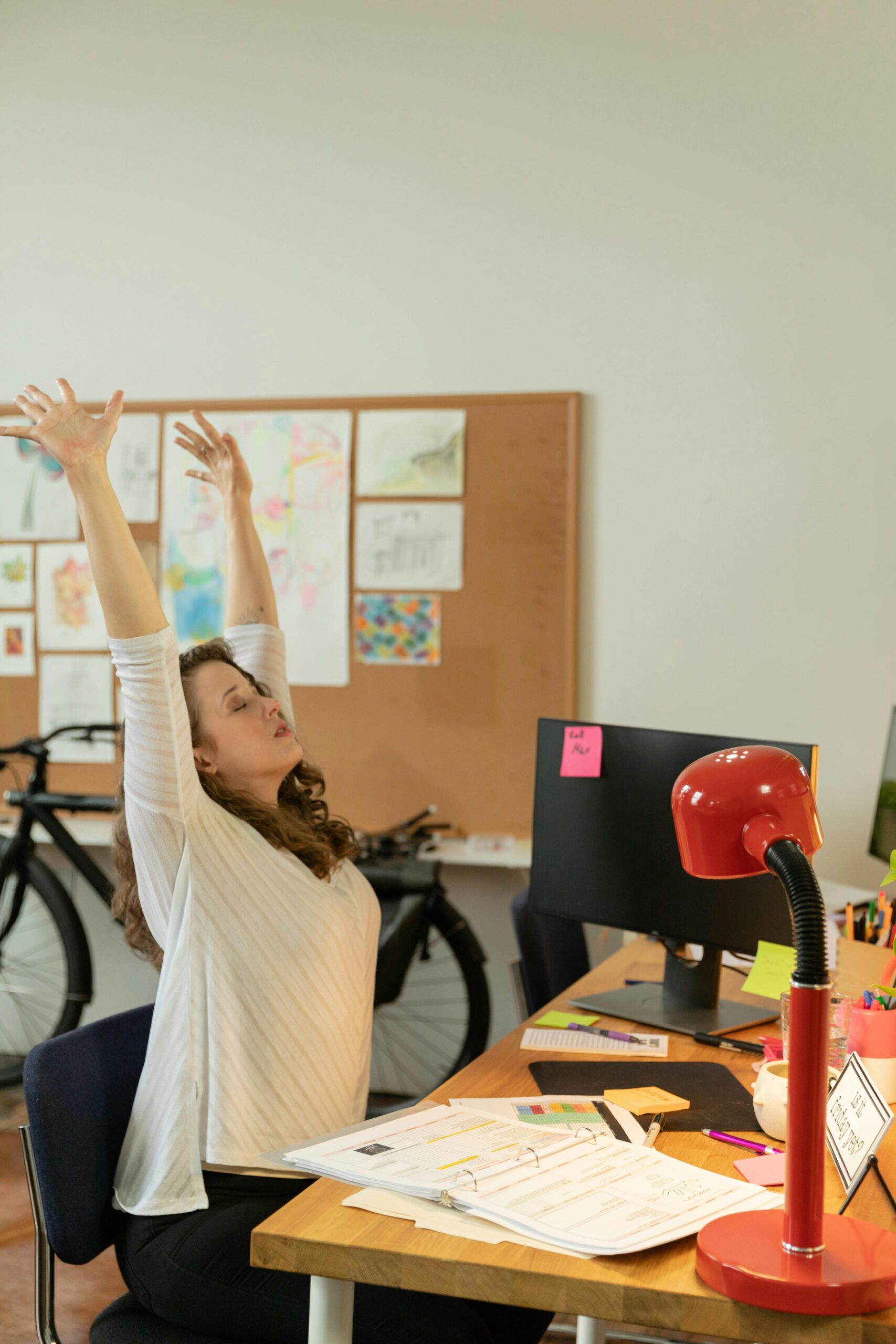This year’s Mental Health Awareness week takes place between 13th and 19th May and the theme is Movement and Mental Health. This theme may surprise many who perhaps do not equate movement with supporting their mental wellbeing but in fact regular movement is fundamental for good mental health and is something we should all be thinking about.
Humans evolved to move, and as well as the more commonly known physical-health benefits of exercise, regular movement offers many boons for our mental health. It can help lower feelings of anxiety and depression, reduce negative moods and thinking patterns whilst boosting confidence, self-esteem and improving sleep quality.
In my work as a mental health teacher, speaker and presenter, I have become aware of the legacy of the pandemic that has left many people living increasingly sedentary lifestyles, lamenting that they move less, get outside less frequently and do not exercise as much as they used to. The pandemic forced on us lives that were home-based, screen-focused and that restricted our ability to stay active and hybrid working has cemented this lifestyle.
We all now navigate a new-normal that generally means we engage in less movement. Gone is the walking to the station of the regular commute, the nipping out to the coffee shop, the walks at lunch and going to the gym after work and these movement-based activities are not being replaced. Research shows that around 34 per cent of men and 42 per cent of women do not engage in enough activity for good mental health[i] and Public Health England have said that we are 20% less active than we were in the 1960s, a percentage they expect to rise to 35% by 2030[ii].
With the unprecedented demand on NHS mental health provision, there has never been more of an urgent need to get back to previous habits, to get up and move more to support our mental wellbeing. And remember, movement does not simply mean exercise (although regular exercise is important!), it includes all those small moments of stretching reaching, walking and dancing that are part of an active life. Here are some ways that you can begin to improve your level of movement and exercise:
Stretch More: A great way to bring more movement into your day and to reap some much needed benefits is to take a few minutes every hour to get up from your desk and stretch. This simple act gives you a break from screen time, increases serotonin levels, helping stabilise mood and reduce stress, helps break up the stress hormones stored in our muscles and relieves tension and headaches. A few minutes every hour soon builds up!
Choose to Move: I know it sounds obvious, but one way to up our movement levels in daily life is to, well, do more movement. Look for ways you could be more active where you might otherwise choose a more sedentary option. Make going for a walk part of your day, perhaps during a lunch break or other times when you might otherwise drive, such as the school run or popping to the shops. Take the stairs instead of the lift, engage in activities like gardening or doing YouTube yoga stretches and why not take 5 minutes on your own to dance to your favourite tunes, boosting movement and dopamine!
Exercise: Although regular informal movement is essential, the importance of regular exercise cannot be ignored. According to the NHS, adults should be looking to engage in 75-150 minutes of exercise a week, meaning any activity that raises your heart rate and makes you breathe faster! We all have differing levels of fitness, mobility and experience of exercise but there are activities and exercises out there to suit all needs. Start slowly and build and look to engage exercise that you can enjoy as this will help sustain you! Join a group or a club to help build momentum through shared experience. Look online for exercises that suit you and get involved. It can be tough at first but the benefits to your mental health soon become clear and you will thank yourself for having taken the first step.
Mindful Movement and Flow: Not all movement has to be about pace. Focusing on slow, deliberate movement through the practice of Mindfulness has been shown to improve attention, reduce stress, anxiety and symptoms of depression. Similar to yoga but with an emphasis on easily accessible and familiar movements, mindful movement helps us focus the mind and enter the “flow state”, reducing the mental chatter that can feed negative moods and mental health issues. Anyone can do mindful movement and its combination of unhurried moves and present moment focus is a winning combination that will help us manage and work through the stresses of the day.
Getting Started
[i] https://www.harpersbazaar.com/uk/beauty/fitness-wellbeing/a42385380/movement-health/
[ii] https://www.gov.uk/government/publications/physical-activity-applying-all-our-health/physical-activity-applying-all-our-health


